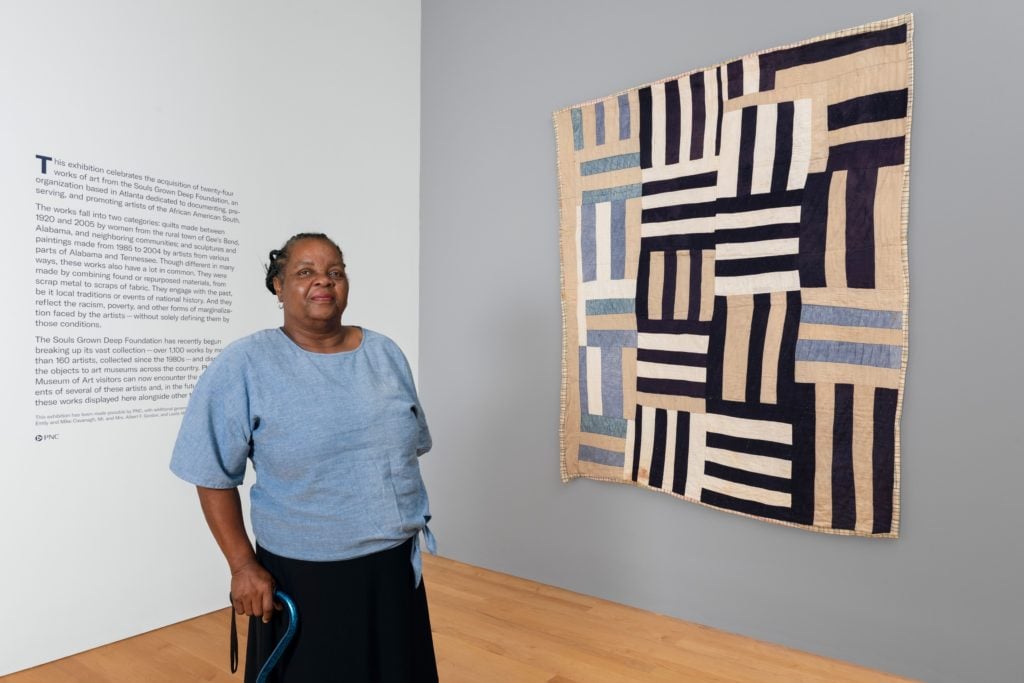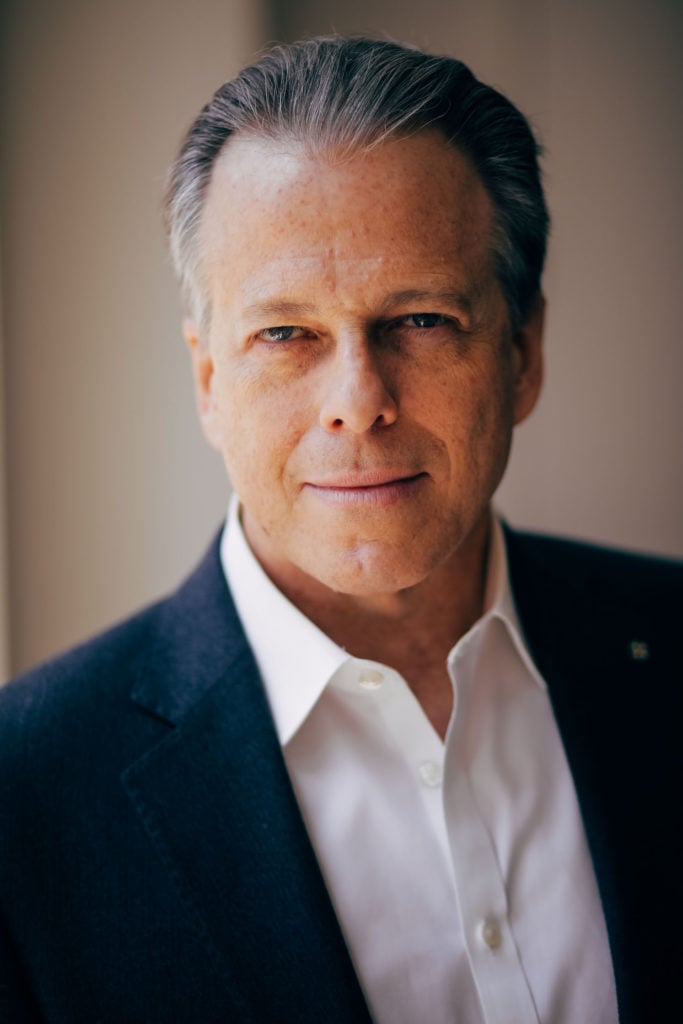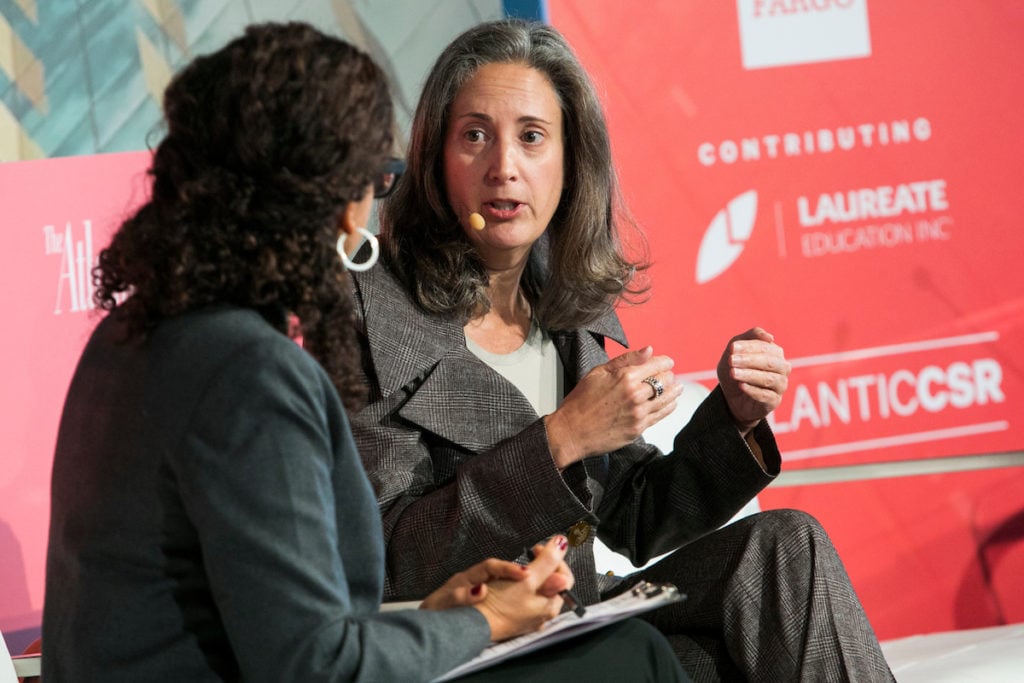Art World
Can Arts Organizations Do a Public Good Simply by Investing Their Money Differently? One Foundation Is Trying to Find Out
The Souls Grown Deep Foundation is putting its money into socially conscious investments.

The Souls Grown Deep Foundation is putting its money into socially conscious investments.

Julia Halperin

As arts institutions in the US and the UK come under increasing fire for their relationships with donors who have controversial business ties, one arts organization thinks activists might be missing the forest for the trees.
“While there is a cry about comportment of individuals, it’s not as core to the institution as what the institution is doing with its own money,” says Maxwell Anderson, the president of Souls Grown Deep, a nonprofit dedicated to promoting the work of African American artists from the South.
That’s why the Souls Grown Deep Community Partnership, the sister organization of the Souls Grown Deep Foundation, is launching a new investment strategy. The organization is preparing to put $1 million—around half of its liquidity over the next year—into impact investment funds as part of Upstart 2.0, a new initiative catering to investors who want to get a return on their money while supporting the arts at the same time. Souls Grown Deep is the first institutional investor to join the program; the other participants are individuals.

Maxwell L. Anderson, President of Souls Grown Deep. Photo by Chase Anderson, courtesy of Souls Grown Deep.
“Our investment strategy is a reflection of our board’s commitment to ethical conduct,” Anderson told artnet News. He notes that while nonprofits typically spend five percent of their endowment each year, “what is happening with the other 95 percent? Are you devoting the 95 percent to your mission as well, and if not, why not?”
Although Souls Grown Deep’s endowment—generated from the proceeds of partial gifts of works from its collections to museums—is modest compared to that of most museums and artist-endowed foundations, Anderson hopes that the move “might influence the thinking of investment committees with larger endowments.”
Here’s how impact investing works. Typically, art institutions put their money into traditional index funds, which invest in the stocks of public companies—from Exxon Mobil to Pfizer—to generate a reliably strong return.
Impact investors working with Upstart 2.0, on the other hand, strive to both “drive social and environmental impact and financial return in the creative economy,” explains Laura Callanan, Upstart’s founding partner and the former senior deputy chairman of the National Endowment for the Arts.
That means that instead of investing in fossil fuel companies or big pharma, they target small, often private cultural initiatives, like E-Line Media, a producer of socially conscious video games, or Greenbelt Hospitality, an artist-founded venture that focuses on sustainable food and farming.

Alison Stewart with Laura Callanan, Founding Partner, Upstart Co-Lab at the Atlantic Corporate Social Responsibility Summit, 2017. Photo by Kristoffer Tripplaar.
Although impact investing is more common in the education, environment, and health-care sectors, Callanan says it is ready to embrace the arts community—and the interest ought to be mutual.
“Impact investors not only don’t lose money, but can outperform conventional investors because impact investing considers a lot of factors that mitigate risk and strengthen performance,” she told artnet News. “Lately museums are in the news for protests by artists and citizens against policies that accept donations from donors associated with the opioid crisis, chemical weapons, and tobacco… One way to signal that diversity, equity, inclusion, sustainability, and community matter is to align the financial wealth of these cultural institutions with their professed values.”
Anderson says that Souls Grown Deep’s board is prepared to park more of its money in this arena as time goes on. And he hopes others will follow their lead. “It’s about reframing a question that has been dogging the museum world in terms of social responsibility: doesn’t this start at home?”